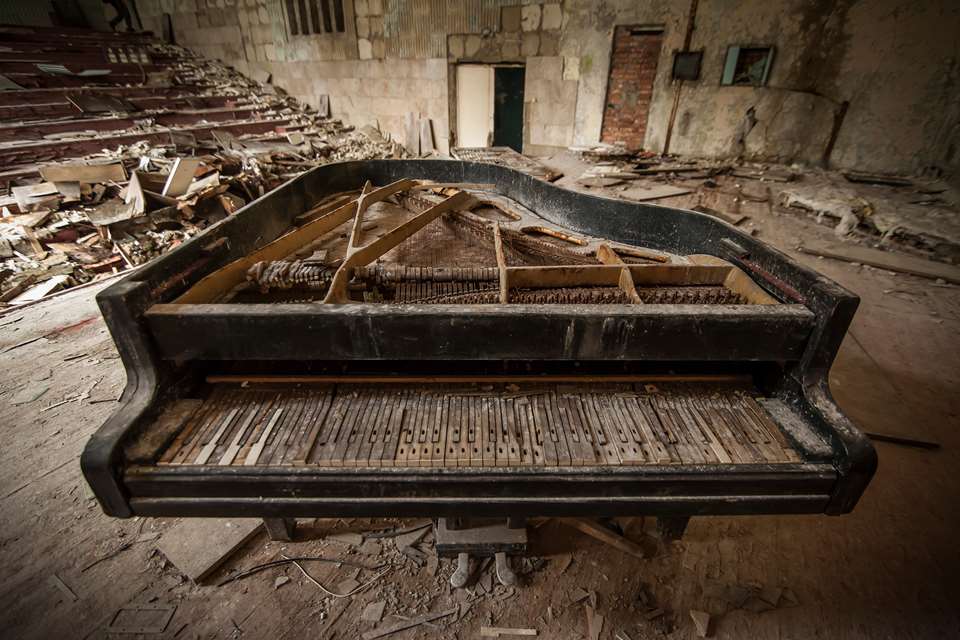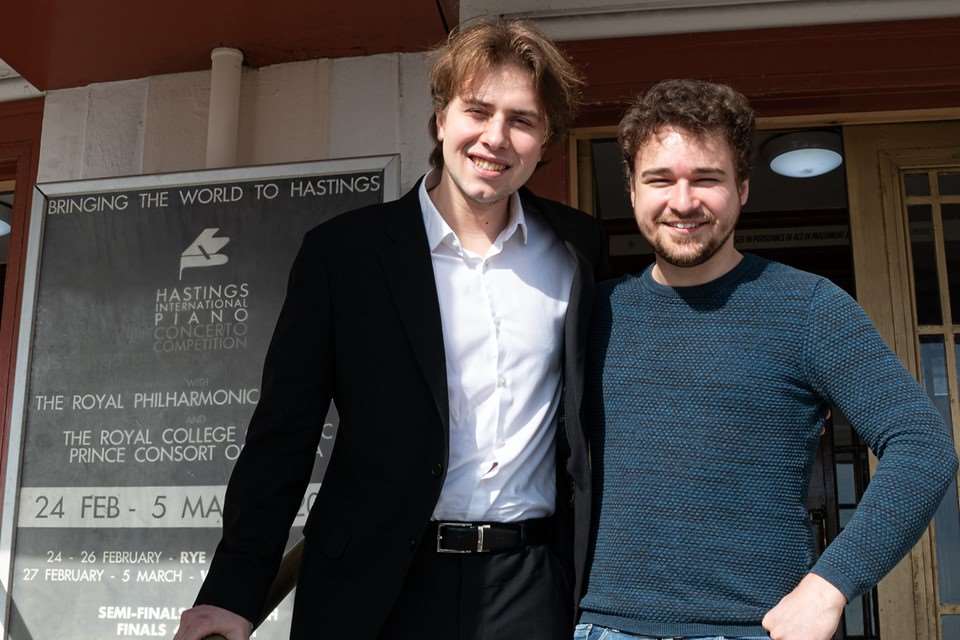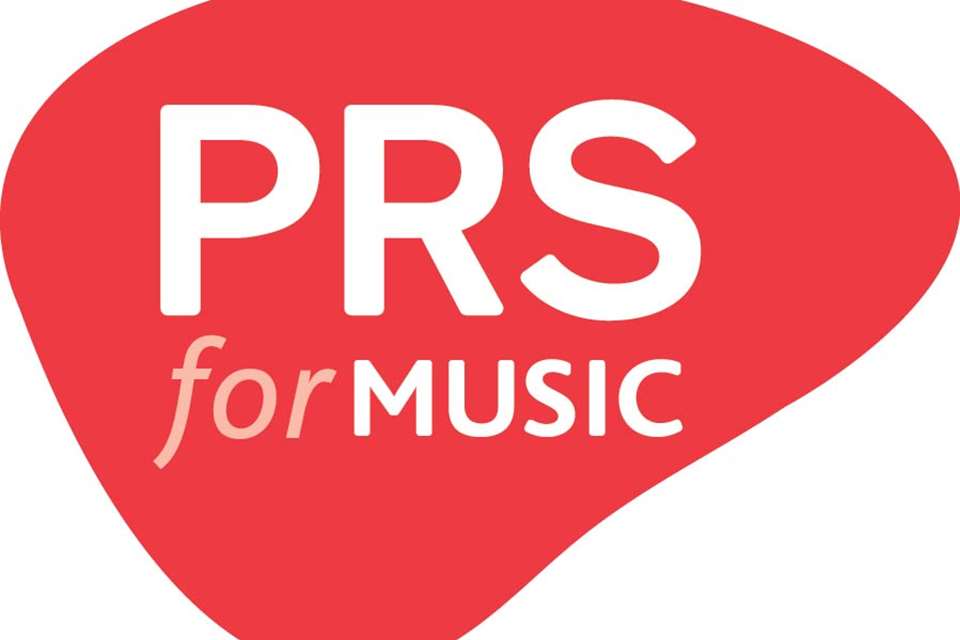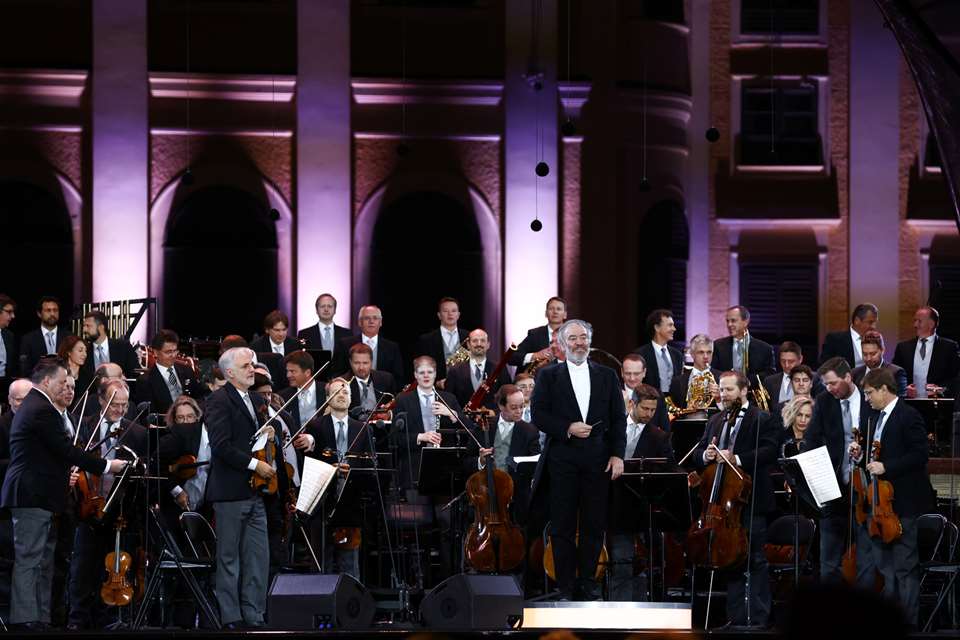Iestyn Morris on releasing his debut album in uncertain times
Florence Lockheart
Friday, April 14, 2023
Iestyn Morris talks to Florence Lockheart about the challenges he faced releasing his lockdown 'passion project' album of Russian romances at a time when the public attitude to Russian culture is coloured by the country's invasion of neighbouring Ukraine
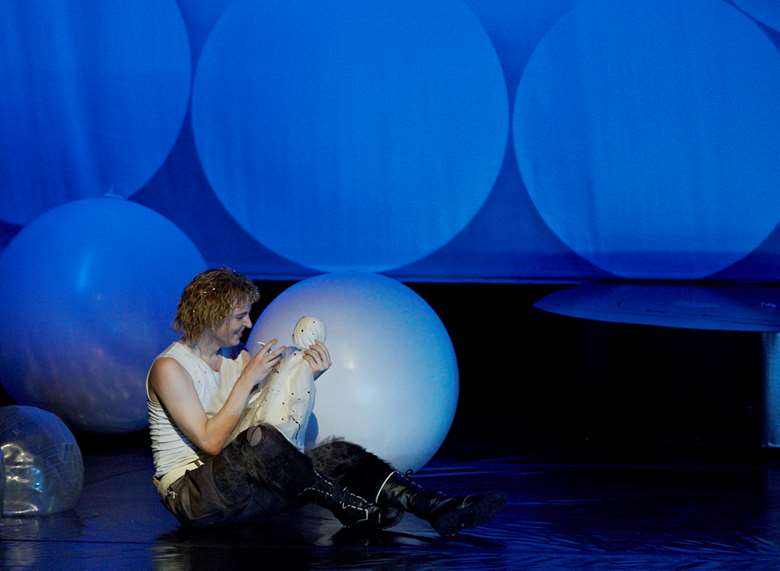

Register now to continue reading
Don’t miss out on our dedicated coverage of the classical music world. Register today to enjoy the following benefits:
- Unlimited access to news pages
- Free weekly email newsletter
- Free access to two subscriber-only articles per month
